The Upstairs Wife: An Intimate History of Pakistan
By: Rafia Zakaria
-
Rs 4,500.75
- Rs 5,295.00
- 15%
You save Rs 794.25.
Due to constant currency fluctuation, prices are subject to change with or without notice.
| Book | |
| What's in the Box? | 1 x The Upstairs Wife: An Intimate History of Pakistan |
The Upstairs Wife: An Intimate History of Pakistan
By: Rafia Zakaria
Rs 4,500.75 Rs 5,295.00 Ex Tax :Rs 4,500.75
Zubin Mehta: A Musical Journey (An Authorized Biography)
By: VOID - Bakhtiar K. Dadabhoy
Rs 892.50 Rs 1,050.00 Ex Tax :Rs 892.50
Kublai Khan: The Mongol King Who Remade China
By: John Man
Rs 2,515.50 Rs 2,795.00 Ex Tax :Rs 2,515.50
The Origins of Political Order From Prehuman Times to the French RevolutioN
By: Francis Fukuyama
Rs 4,045.50 Rs 4,495.00 Ex Tax :Rs 4,045.50
Manning Up: How the Rise of Women Has Turned Men into Boys
By: Kay Hymowitz
Rs 845.75 Rs 995.00 Ex Tax :Rs 845.75
The Obama Syndrome: Surrender At Home War Abroad
By: Tariq Ali
Rs 1,100.75 Rs 1,295.00 Ex Tax :Rs 1,100.75
The Quest For Meaning: Developing A Philosophy Of Pluralism
By: Tariq Ramadan
Rs 1,185.75 Rs 1,395.00 Ex Tax :Rs 1,185.75
The Pakistan US Conundrum Jihadists The Military And The People The Struggle For Control
By: Yunas Samad
Rs 1,185.75 Rs 1,395.00 Ex Tax :Rs 1,185.75
An Enemy We Created: The Myth Of The Taliban Al Qaeda Merger In Afghanistan 19702010
By: Alex Strick van Linschoten
Rs 4,197.50 Rs 8,395.00 Ex Tax :Rs 4,197.50
WikiLeaks: Inside Julian Assanges War on Secrecy
By: David Leigh & Luke Harding
Rs 637.50 Rs 850.00 Ex Tax :Rs 637.50
Kublai Khan: The Mongol King Who Remade China
By: John Man
Rs 2,515.50 Rs 2,795.00 Ex Tax :Rs 2,515.50
Zubin Mehta: A Musical Journey (An Authorized Biography)
By: VOID - Bakhtiar K. Dadabhoy
Rs 892.50 Rs 1,050.00 Ex Tax :Rs 892.50
The Upstairs Wife: An Intimate History of Pakistan
By: Rafia Zakaria
Rs 4,500.75 Rs 5,295.00 Ex Tax :Rs 4,500.75
Kublai Khan: The Mongol King Who Remade China
By: John Man
Rs 2,515.50 Rs 2,795.00 Ex Tax :Rs 2,515.50












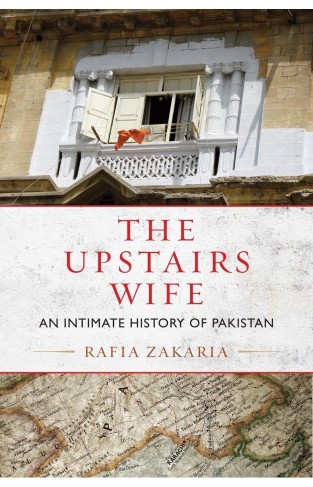
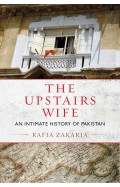
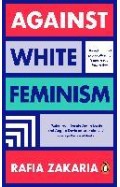
-120x187.jpg?q6)





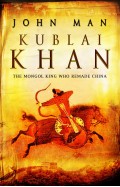
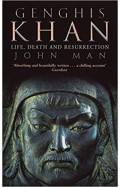
-120x187.jpg?q6)



-120x187.jpg?q6)




